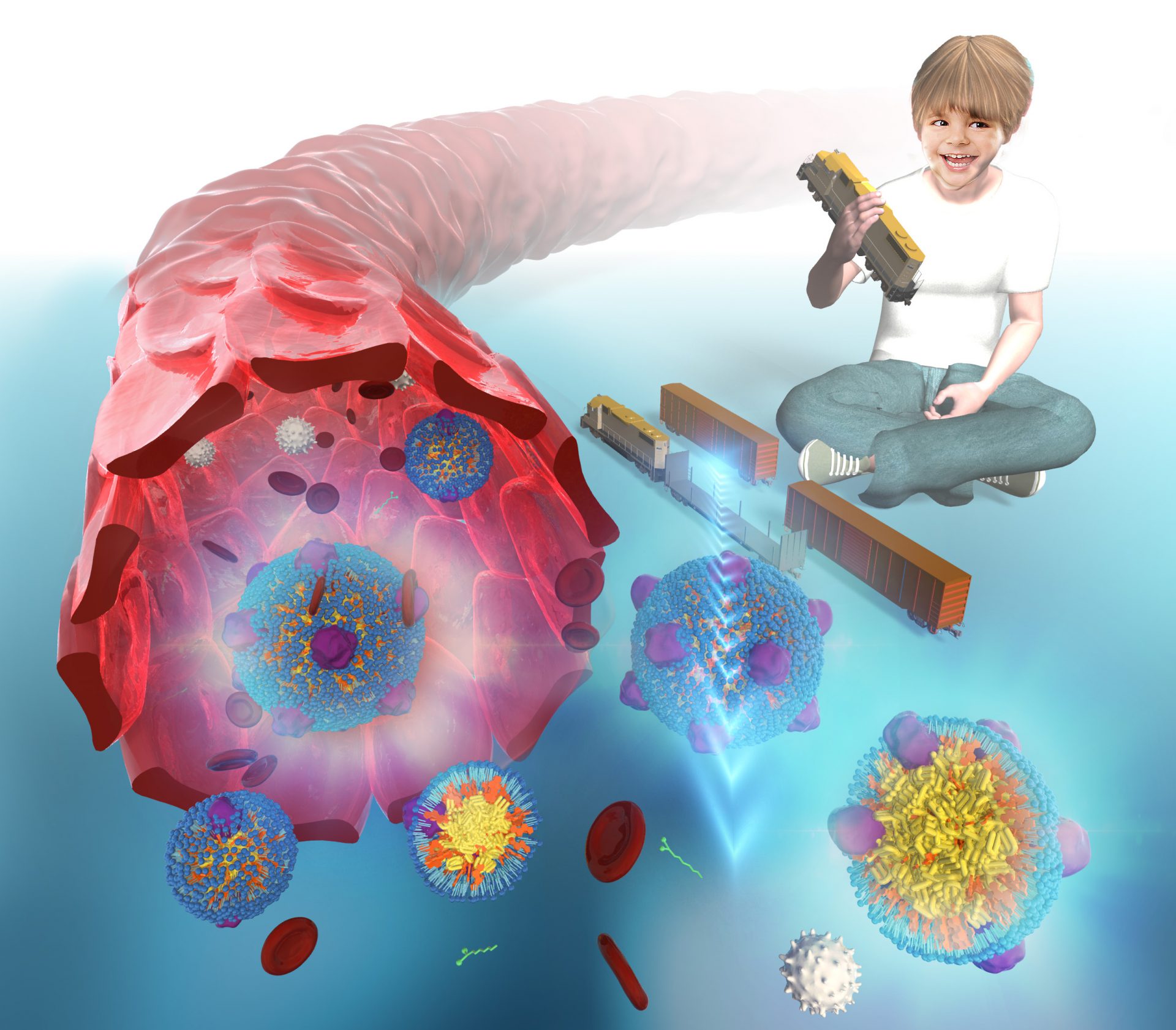Latest Research News
ASD Children show VLDL-specific hypolipidemia
Fukui, JPN – August 7 2020 Prof. Hideo Matsuzaki and his research group in Division of Development of Functional Brain Activities, Research Center for Child Mental Development, discovered that children with autism spectrum disorder (ASD) exhibit hypolipidemia by collaborating with Osaka University, Hamamatsu University School of Medicine, Nagoya City University, RIKEN and etc. The study also found that Hypolipidemia in ASD children showed a specific decrease in very-low-density lipoprotein (VLDL), suggesting that it may be due to facilitated degradation of blood VLDL particles. The work, published July 30 in the Lancet journal EBioMedicine, may offer a new insight for developing medicines by identifying potential mechanism for ASD.
Children with ASD were characterized by social communication difficulty and repetitive behaviors and restricted interests. Abnormalities of lipid metabolism contributing to the ASD pathogenesis have been suggested, but the mechanisms are not fully understood. They aimed to characterize the lipid metabolism in ASD and to explore a biomarker for clinical evaluation.
They collected blood sample from more than 200 children with ASD supported by the Asperger Society Japan (Nagoya, Japan) and the Miyagi Children’s Hospital (Sendai, Japan), and investigated lipid metabolism compared to typical developmental children as an age-matched case-control study. As a result, they found that children with ASD have increased metabolites produced by lipolysis. They also found that the levels of cholesterol and triglycerides contained in a complex called VLDL were reduced. Furthermore, they found that the concentrations of free fatty acids increased in peripheral blood were positively correlated with the clinical social interaction score (ADI-R A score) in children with ASD.
These findings demonstrate that the VLDL-specific degradation is progressing in the peripheral blood of children with ASD and the resulting specific hypolipidemia may be associated with ASD pathogenesis. It is also expected that these findings will be applied to the diagnosis of ASD in the future. In addition, investigating the degradation mechanism of blood VLDL particles may lead to the development of novel therapeutic targets for ASD. “The researchers hope to investigate further to help ASD children in future studies”, Prof Matsuzaki said.
More Information:
Prof. Hideo Matsuzaki
Research Center for Child Mental Development, University of Fukui
23-3, Matsuokashimoaizuki, Eiheiji-cho, Yoshida-gun, Fukui 910-1193, Japan
TEL: +81-776-61-8803, E-mail: matsuzah*u-fukui.ac.jp
Mika Hayashi
Public Relations Center, University of Fukui
3-9-1, Bunkyo, Fukui, Fukui 910-8507, Japan
TEL: +81-776-27-9733, E-mail: sskoho-k*ad.u-fukui.ac.jp
Reference:
VLDL-specific increases of fatty acids in autism spectrum disorder correlate with social interaction
EBioMedicine Volume 58, August 2020, 102917. DOI: 10.1016/j.ebiom.2020.102917
Noriyoshi Usui, Keiko Iwata, Taishi Miyachi, Shu Takagai, Keisuke Wakusawa, Takahiro Nara, Kenji J. Tsuchiya, Kaori Matsumoto, Daisuke Kurita Yosuke Kameno, Tomoyasu Wakuda, Kiyokazu Takebayashi, Yasuhide Iwata, Toru Fujioka, Takaharu Hirai, Manabu Toyoshima, Tetsuo Ohnishi, Tomoko Toyota, Motoko Maekawa, Takeo Yoshikawa, Masato Maekawa, Kazuhiko Nakamura, Masatsugu Tsujii, Toshiro Sugiyama, Norio Mori, and Hideo Matsuzaki.

